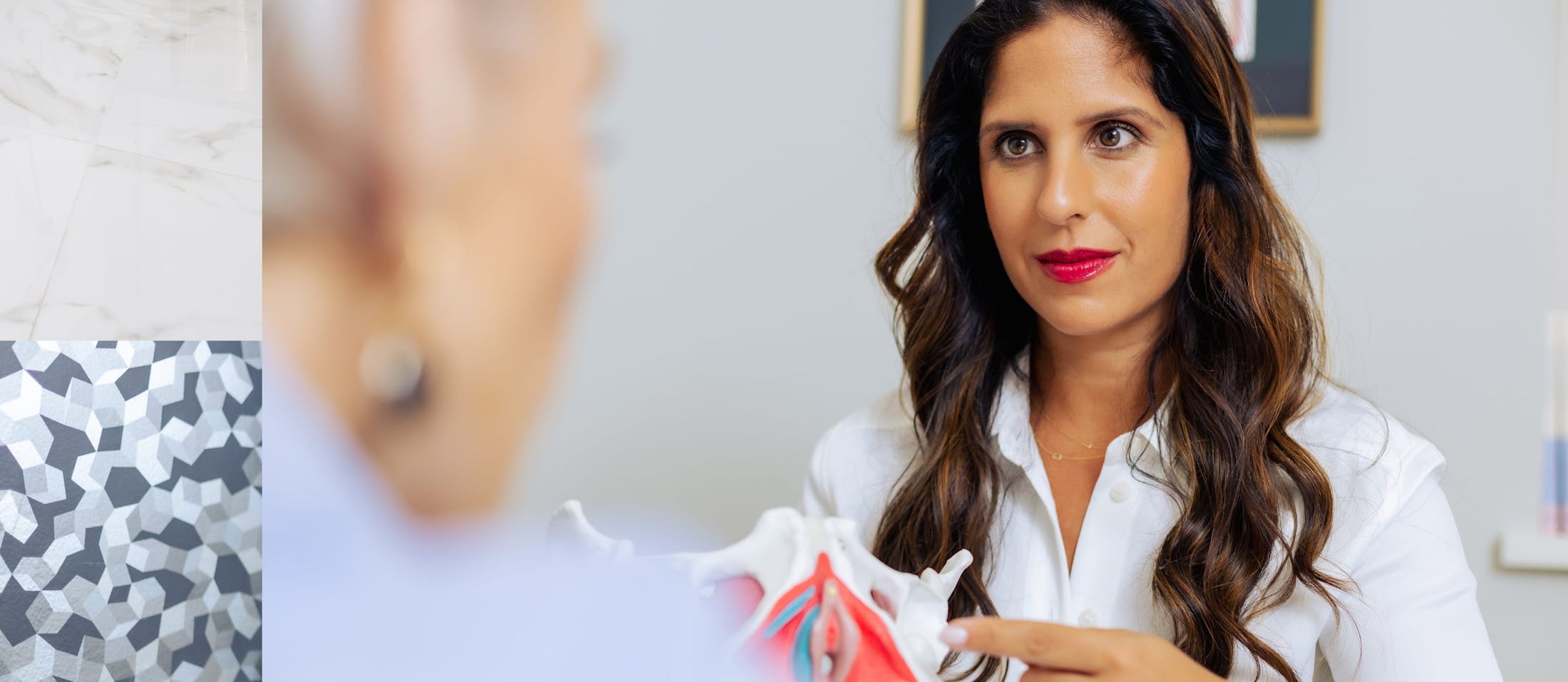Persistent genital arousal disorder (PGAD) is a rare condition that involves experiencing unwanted sensations of arousal in your genitals. These sensations don’t resolve with one or more orgasms. Left untreated, PGAD can take a toll on your body and mental health, reducing your quality of life.
Diagnosing persistent genital arousal
Persistent genital arousal disorder causes a lot of distress for the individual. It is different from “hypersexuality,” as the symptoms of sexual arousal are not accompanied by sexual desire. The sensations can arise at any time and are distracting and uncomfortable. It can be difficult to discuss the symptoms with anyone, even your doctor.
Thankfully, when under the care of Dr. Bahlani, you will be in a safe, private, comforting atmosphere with a medical professional who has resolved this condition for other patients. She understands all contributing factors and will propose a treatment plan to deliver real-world relief.
The diagnosis will involve a discussion regarding the symptoms experienced, along with a medical evaluation, including the medications you take. Tests may be performed to measure the blood flow to your genitals.







